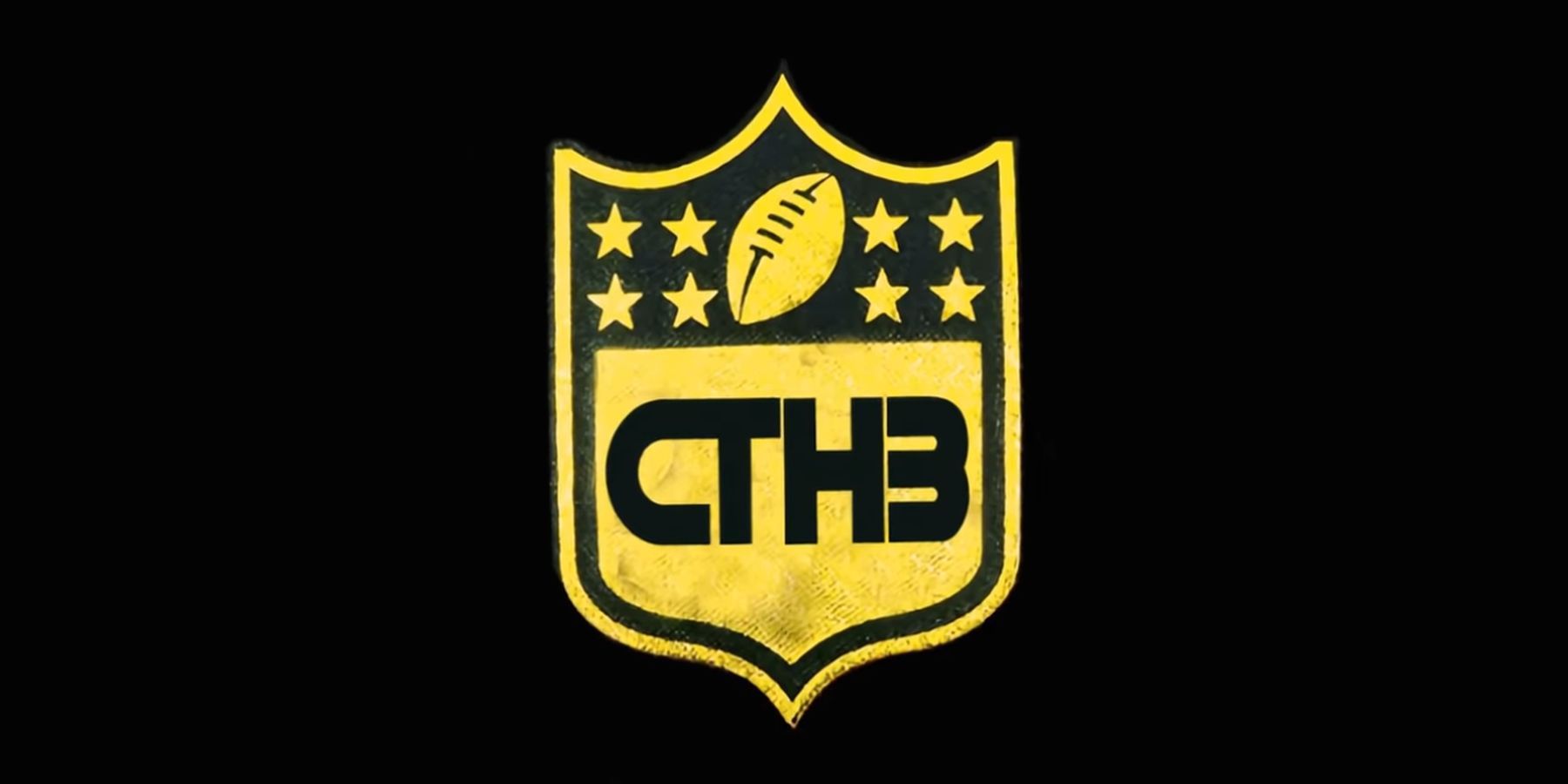

Competitive multiplayer, in particular, received a major overhaul. Where Neversoft's new effort truly stood out, however, was through multiplayer. In-game cash was no more, as custom outfit pieces, instrument components, and other unlockables were available by completing these challenges. Meanwhile, Career Mode was expanded to include Challenges that offered rewards for completing certain tasks, like playing selection sections without missing or using the whammy bar for a certain length of time. Band members could also drop in and out at anytime during a song, making it ideal for house party situations. That meant bands of more than one guitar player, drummer, bassist, or singer was entirely possible, leading to new and interesting combinations. The four-player band format was overhauled to allow all players to select whatever instrument they wanted. The licensing debacle helped overshadow what was another solid effort from Neversoft. While Activision scrambled to sort out licensing issues to help this number increase, fans grew increasingly frustrated.

The situation would get worse from there, with licensing issues leading to Smash Hits owners only able to bring aboard 21 of 48 songs. The result was that a paltry 35 of World Tour's 86 songs could be imported into Guitar Hero 5. With Guitar Hero sales still high, record companies became uncooperative, demanding larger payments for the continued use of their music. Activision, on the other hand, had licensing agreements for music to appear on individual Guitar Hero games, meaning those licenses had to be renewed. Over with MTV Games, Harmonix had licensing agreements with music companies and bands to place songs onto the Rock Band platform, which is how they were able to (with only a few exceptions) import on-disc tracks from one game to its sequel. Unfortunately, that plan hit a major snag. On paper, Guitar Hero 5 had the potential to stand toe-to-toe with Rock Band, given that there were four World Tour-era games to import music from.
#Guitar hero 3 songs six all that remains series#
That made the task ahead that much taller for developer Neversoft, who not only had to deal with that, but also had to make a case for why their series was better than Rock Band, which had exploded in popularity in the previous year. By this point, Guitar Hero fans were increasingly burned out on the brand. Now that all of the spin-offs were out of the way, it was time to finally hit the next official Guitar Hero sequel.


 0 kommentar(er)
0 kommentar(er)
